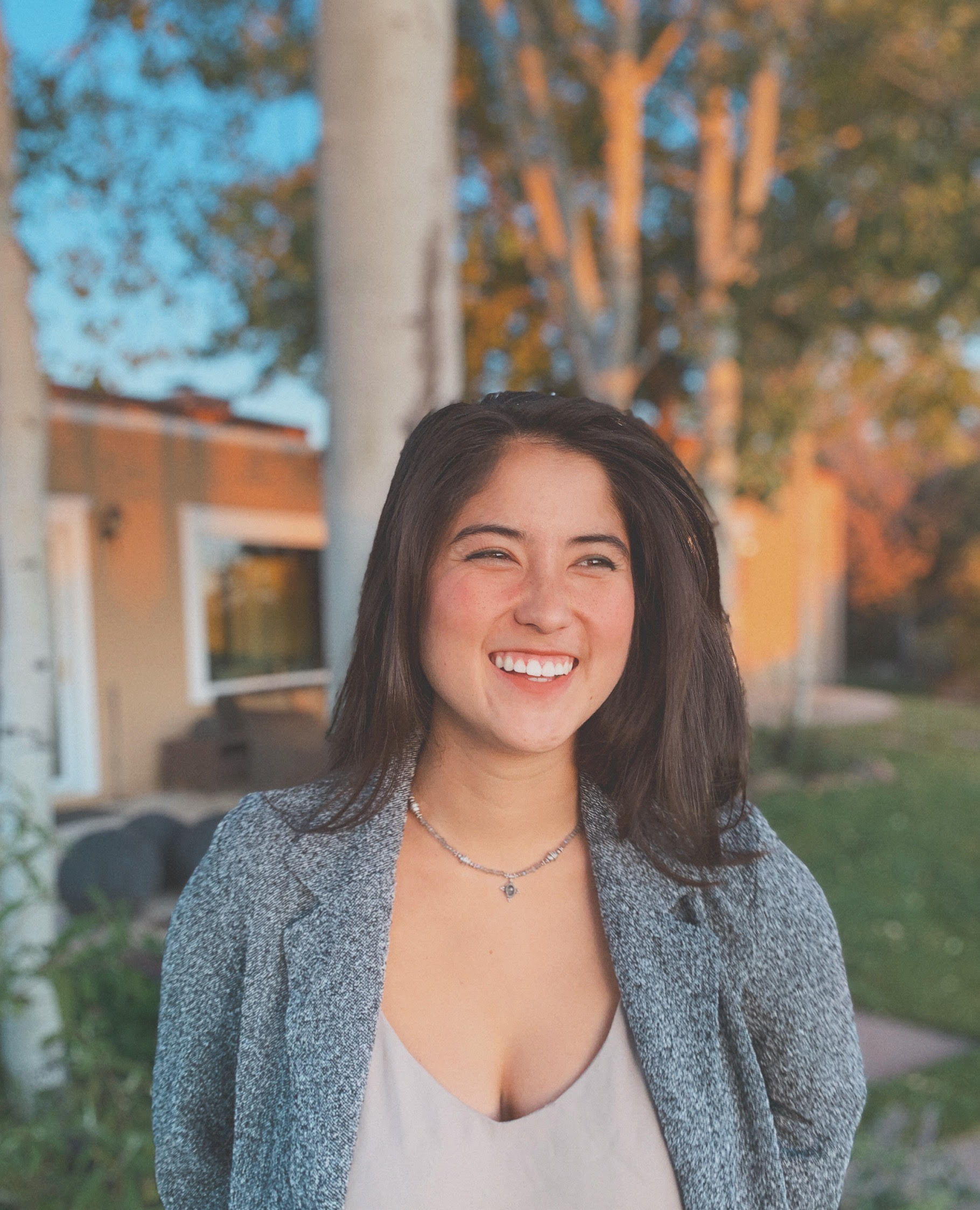On a typical Saturday in Santa Fe, N.M., 18-year-old Malina Simard-Halm can be found catching up on TV shows, watching movies with her family or, when she’s feeling adventurous, rock climbing. With dreams of a grand future as she is set to begin her freshman year at Yale, who wouldn’t smile as Malina walks by, her beauty and youth a gentle reminder of those days when life seemed limitless?
There is one woman who probably wouldn’t smile at the sight of Malina and all of the possibilities that lay before her. This woman might shake her head, determining that Malina is the exception and not the rule. Jennifer Lahl, a former critical care nurse, believes that the process that helped to create Malina’s life should be regulated and even banned.
RELATED: Understanding the Costs of Surrogacy
Malina is the product of gestational surrogacy, a process during which a woman carries a biologically unrelated child that is conceived through in vitro fertilization and nurtured in her womb until birth. Gestational surrogacy is different from traditional surrogacy in that traditional surrogates used their own eggs and were biologically related to the child they gave birth to.
Lahl, the founder of The Center for Bioethics and Cultural Network, is a very vocal detractor of surrogacy and expresses her disapproval in three films, including "Eggsploitation" (2010) and "Anonymous Father’s Day" (2011). Both films criticize assisted reproductive technology and IVF, the process that successfully produced Louise Brown, the world’s first “test tube baby” in 1978.
Lahl’s latest film released this year, "Breeder: A Sub Class of Women?" documents four women who have had harmful experiences with surrogacy. Lahl goes on to claim that gestational surrogacy breaks natural mother-child bonds and is a tool for the wealthy to subjugate women.
'What gives this woman the right to disallow couples from ever attaining their dream?'
“I would not have been born without surrogacy,” Malina, shares softly. “My parents fought for nearly a decade to have me, and it was surrogacy that came through. Proponents that believe that surrogacy should be stripped away scare and madden me.”
Malina’s two fathers, Will and Marcellin, are a couple in New Mexico who had one goal that seemed far-reaching: to complete their family by having a child. Malina is their life’s dream come true.
“What gives this woman the right to disallow couples from ever attaining their dream?” Malina asks. “This woman epitomizes those who misunderstand our families. She says, ‘It’s all about adults.’ Surrogacy is simply not just about adults or wants or needs: It is about establishing something that is so powerful and so fundamental to our humanity. To disallow someone the right to family is despicable to me.”

_Malina Simard-Halm, born through gestational surrogacy, shares how surrogacy helped her fathers complete their family.
Although one might argue that creating a family isn’t a "right," it is a mission that Growing Generations, a surrogacy and egg donation facility with offices in Los Angeles and New York has undertaken with blooming success. Since opening its doors in 2006, Growing Generations has assisted in creating more than 1,000 bundles of joy, including Malina.
In "Breeders," Lahl reduces the process by which youth like Malina was conceived to a mere cash transaction, a baby-buying operation, while pointing out emotional and physical harms are often by-products of assisted reproduction.
Dr. Gilbert Mottla of Shady Grove Fertility recognizes that the process of in vitro fertilization isn’t perfect, but recent advances have lowered the rate at which mistakes occur. “Negative experiences in the context of being a gestational carrier are quite rare,” Mottla explains. “Comprehensive medical and psychologic screening of gestational carriers and intended parents greatly minimize complications. Single embryo transfers performed for GCs nearly eliminate the risk of twins and multiple pregnancies, helping to minimize medical complications for both the carrier and child.”
Lahl's argument that surrogacy turns children into commodities and degrades women treats such "breeding" as a shame, while Mottla affirms these women, offering them an honor that is equated with a heroic act.
'There is a unique sense of joy that comes with giving the gift of parenthood.'
“Prospective parents should know there is a unique relationship with a gestational carrier,” he says. “This woman has accepted the risks of being pregnant, the discomfort of being pregnant to enable the couple to have a baby by her bringing a new life in the world. The gestational carrier is typically a young mother herself and should be seen and respected for the individual she is and the responsibilities she has taken on.”
As 33-year-old Abby Estwick reflects back on her time as a gestational carrier, she reveals that she indeed took risks that complicated her health and lifestyle even after the child was born, yet she doesn’t believe the long term effects are as harmful as Lahl proclaims.
“My surrogacy went well,” Estwick shares. “I had a couple that I came to adore and we truly banded together through each hurdle we were faced with.”
After being matched with a couple and spending time with them to ensure that this commitment would be ideal for everyone involved, Estwick’s first cycle of in vitro failed to implant, which was emotionally distressing. She didn’t want to fail the couple who had waited a very long time to have a child.
“My second cycle worked and I was pregnant with twins,” Estwick shares and smiles. “I was placed on bed rest and eventually gave birth to two twin boys at 28 weeks. It was difficult. I initially did feel like my body failed me. I wanted to carry the babies to term. However, the support, love and gratitude that their parents gave to me during that time was phenomenal.”
RELATED: One Mom's Personal Surrogacy Story
After the birth of the twins, Estwick continued her connection to the parents by offering her breast milk to aid in the twins’ growth and nutritional needs. Over a decade later, she and the couple she conceived for are still friends.
“There is a unique sense of joy that comes with giving the gift of parenthood,” Estwick shares. “The friendship forged from that experience is one I have grown to revere. I spent my past Mother’s Day with my friends and all of our children. I gave them sons and they gave me a lasting friendship.”
